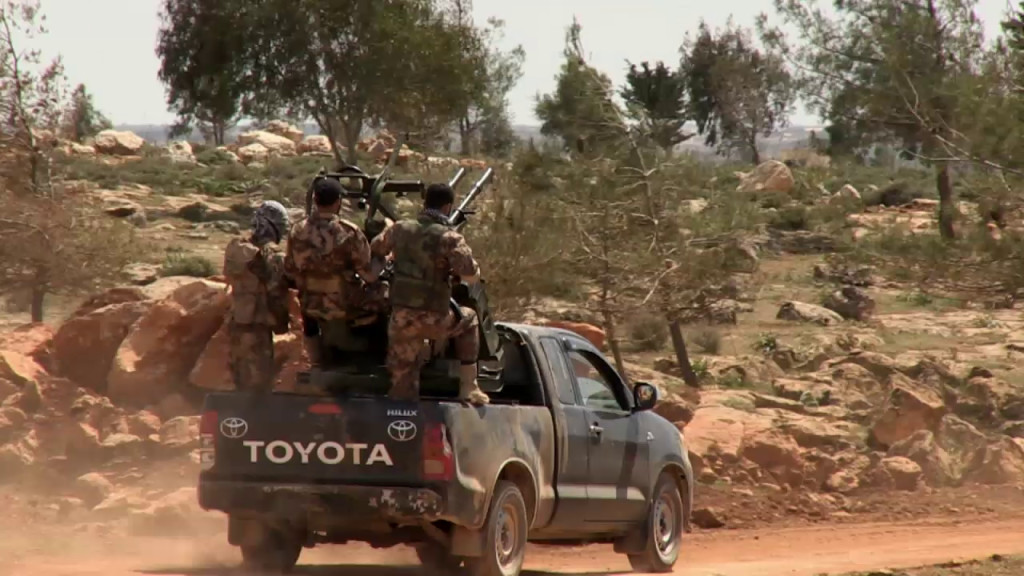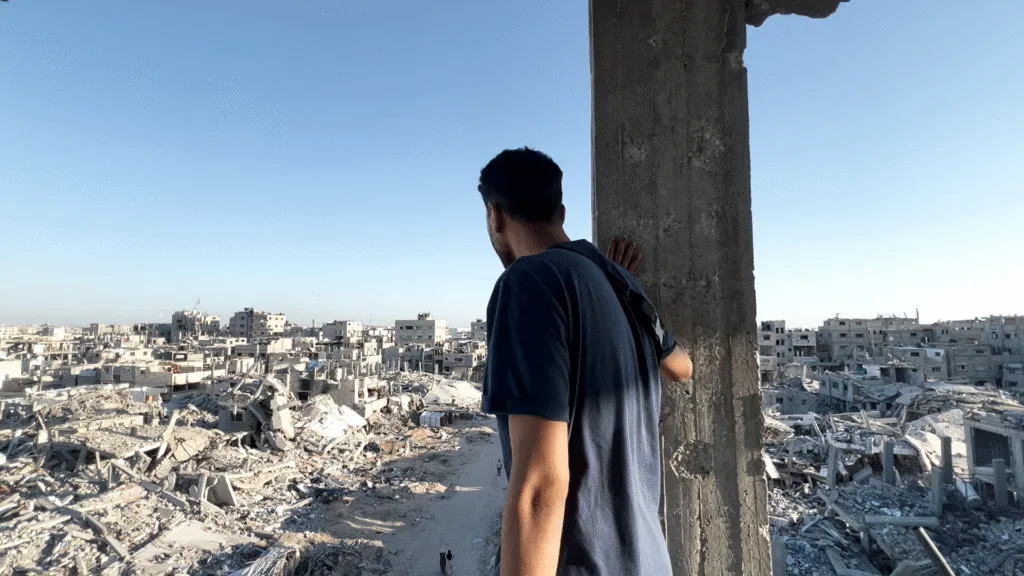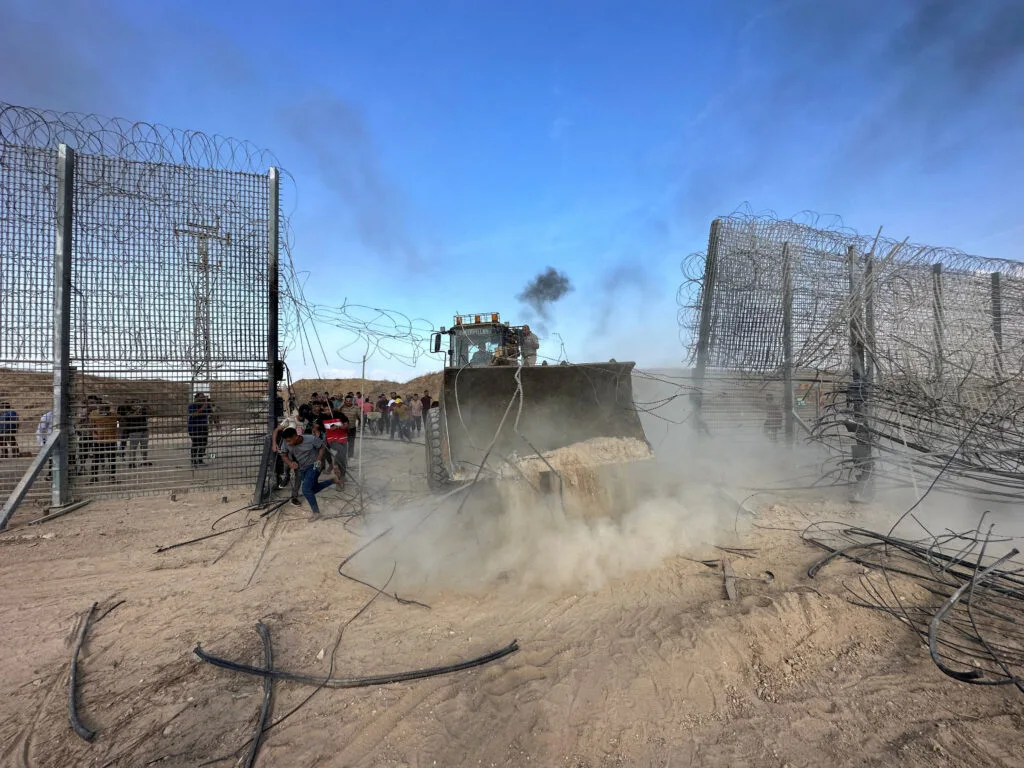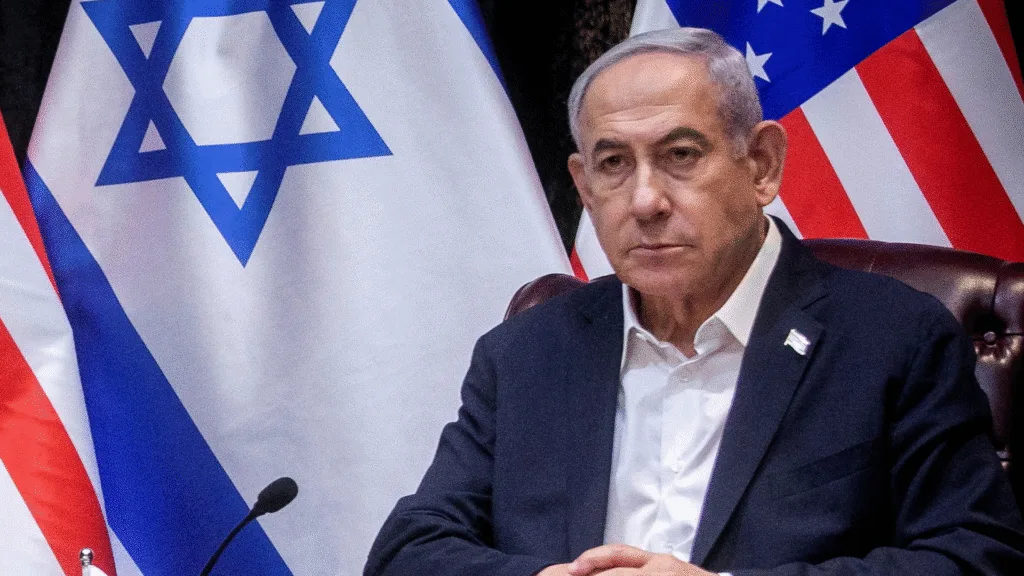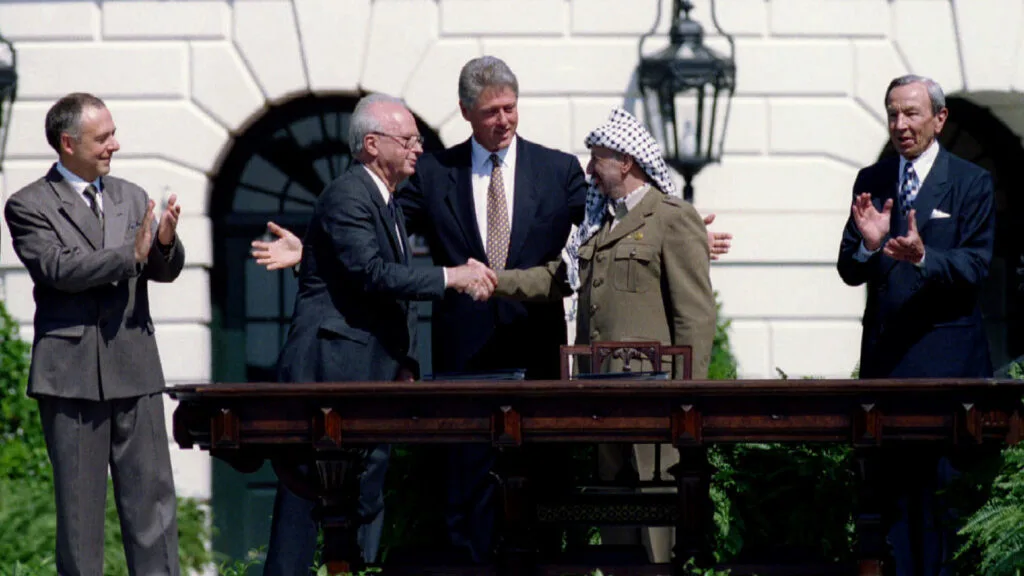New UN Resolution to Expand Humanitarian Aid in Syria
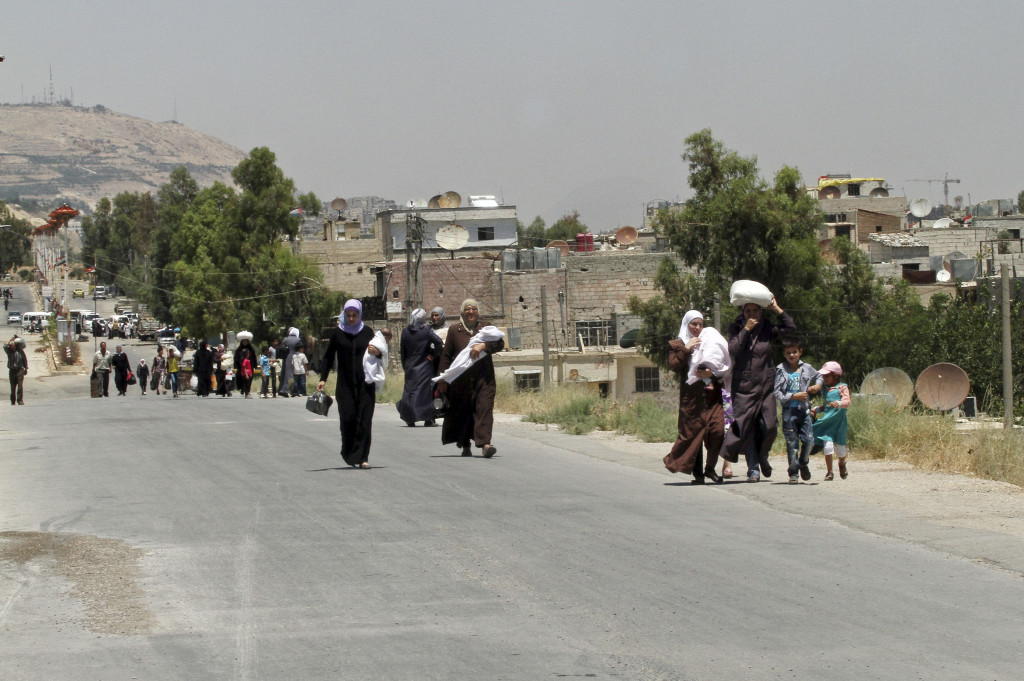
July 14, 2014
Share
The UN Security Council passed a resolution on Monday that would allow aid to flow into rebel-held parts of Syria without the government’s consent. The move marks a small but significant step in getting humanitarian assistance to the millions of Syrians trapped by the civil war.
The vote was unanimous, with the resolution receiving the rare backing of Russia and China, which normally side with the Syrian government.
Now in its fourth year, the Syrian conflict has left 10.8 million residents in need of help, with 4.7 million of them located in hard-to-reach areas, according to the UN.
The Syrian government has consistently denied permission to deliver aid to rebel-held territories: 85 percent of food aid and more than 70 percent of medical supplies remained in areas controlled by the government, according to a May UN estimate.
The UN said it would “proceed immediately” under Monday’s resolution, which will allow aid convoys to be sent into Syria through four border crossings in Iraq, Turkey and Jordan. Syrian authorities would be notified of the content of convoys to “confirm the humanitarian nature” of the aid, but they would no longer be able to deny the deliveries.
“If implemented correctly, this is a potential game changer,” said Jan Egeland, Secretary General of the Norwegian Refugee Council, in a statement released by a coalition of 34 NGOs. “We are looking forward to working closely with the UN to ensure that existing humanitarian operations are expanded, not duplicated or undermined. We ask that no restrictions be placed on our use of the most expeditious routes to deliver aid. We also desperately need improvements in other areas, such as prompt approval of visas and travel requests, and permission to chose and work with local partners.”
While expressing support for the resolution, the Office for the Coordination of Humanitarian Affairs (OCHA), the UN agency that coordinates aid to Syria, warned that it would not change the “challenging security and operational environment,” according to the non-profit Security Council Report.
By OCHA’s estimates, the cross-border access would allow UN aid to reach an additional 1.3 million to 2.5 million Syrians.
That still leaves a majority of the estimated 10.8 million with no immediate access to aid.

Related Documentaries
Latest Documentaries
Related Stories
Related Stories
Explore
Policies
Teacher Center
Funding for FRONTLINE is provided through the support of PBS viewers and by the Corporation for Public Broadcasting, with major support from Ford Foundation. Additional funding is provided the Abrams Foundation, Park Foundation, John D. and Catherine T. MacArthur Foundation, Heising-Simons Foundation, and the FRONTLINE Trust, with major support from Jon and Jo Ann Hagler on behalf of the Jon L. Hagler Foundation, and additional support from Koo and Patricia Yuen. FRONTLINE is a registered trademark of WGBH Educational Foundation. Web Site Copyright ©1995-2025 WGBH Educational Foundation. PBS is a 501(c)(3) not-for-profit organization.
